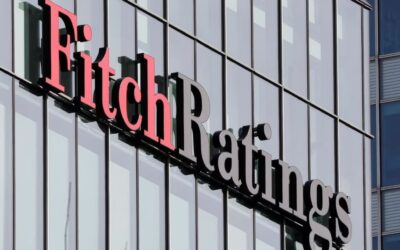In a recent report, Standard & Poor’s (S&P) issued a warning to Israel, expressing concerns about the potential consequences of the country’s controversial judicial reform. The prominent credit agency believes that failure to reach an agreement between the government and the opposition could harm medium-term economic growth prospects.
The S&P expects that persistent political uncertainty, coupled with weaker economic performance with key trading partners such as Europe and the U.S., as well as tighter monetary policy, could lead to a significant slowdown in Israel’s economic growth. According to the report, Israeli economic growth is projected to drop to 1.5% in 2023, a sharp decline from the 6.5% growth witnessed in 2022.
While S&P acknowledged some credit strengths of Israel, including its wealthy and diversified economy, net external asset position, and flexible monetary settings, the warning signalled a potential negative outlook for the country’s credit rating, particularly in the next credit evaluation expected in November.
The warning from S&P comes on the heels of the Knesset’s passage of the first bill in its judicial reform plan. This move triggered widespread protests across the country, with citizens, start-ups, and leading businesses voicing their opposition.
S&P is not unique in its assessment of the situation in Israel. Moody’s Investors Service also warned of “significant risk” stemming from heightened political and social tensions in the country.
Moody’s highlighted the coalition government’s failure to find common ground with the opposition, which has raised concerns about a constitutional crisis between the executive and judiciary. The inability to reach a compromise with the opposition has resulted in ongoing protests since January, with petitions against the bill lodged with the Supreme Court, further adding to the political uncertainty.
Furthermore, data was released last week by the Start-Up Nation Central. It reveals that 68% of Israeli start-ups have already taken precautionary measures such as relocating headquarters outside of Israel, transferring cash reserves and moving employees abroad to cut downside risk from the consequences of the economic impact of the judicial reform.
As the nation grapples with the potential consequences of the controversial judicial reform, the government, opposition, and stakeholders will face increasing pressure to find common ground and address the concerns raised by both domestic and international voices. The coming months will prove critical in shaping Israel’s economic and political landscape, with the eyes of global financial markets closely watching developments in the region.
Main image: S&P Global considered to be one of the world’s largest credit rating agencies. Brendan McDermid/Reuters





0 Comments